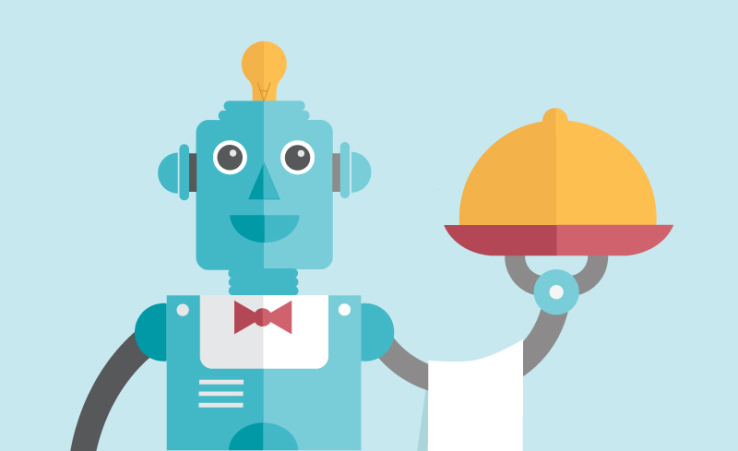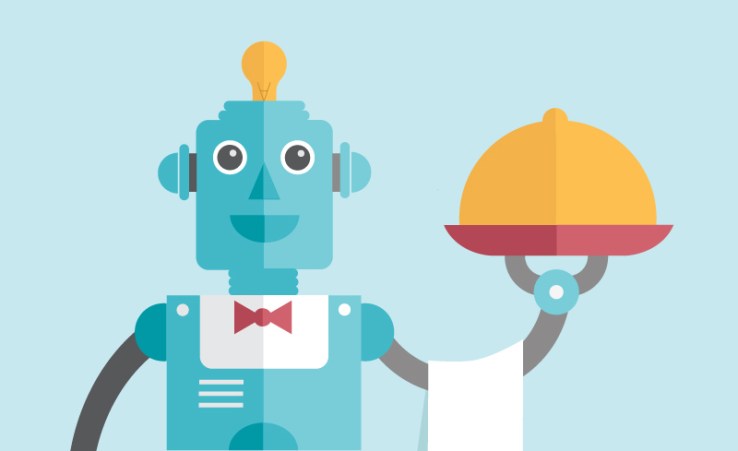

At nearly every major technology event for the past five years we’ve been given at least one “wow” moment — when one of the big players would unveil some sort of product or service that no one had ever seen before.
The bar was set high for innovation, because there were wide-open spaces to be filled. Technology was revolutionary, not evolutionary. (Cue a dramatic Jobs-esque pause here.)
But so far in 2016, technology events have been disappointing. Mobile World Congress didn’t result in anything extraordinary, and both Google I/O and Apple’s WWDC were underwhelming, too. Microsoft made more splash with its LinkedIn acquisition than its March developer conference, and even Facebook’s F8 created more of a muted rumble than a stir.
It’s because the pace of smartphone hardware innovation has slowed, even reached a plateau. Screen size, resolution, processing speed, battery life, camera performance and casing durability all have practical limits of what’s possible, and, more importantly, what’s impactful to a consumer’s mindset.
What’s the real difference between this year’s and last year’s model? Double the storage? If I’m not hitting limits on my current device at 64GB, why would I upgrade to 128GB? If my apps are running just fine and I’m not noticing any slowness that impacts my use, why do I need a nominally faster processor? Just as we stopped having to upgrade our desktop systems every year to run the latest software or increase productivity, we are at a phase in the mobile market where the differences are becoming minor, and consumers hold on to what they have longer.
But that’s OK. We may not have the same excitement over the “shiny newness” of the hardware options, but the devices we do have are becoming more important to us, penetrating more deeply into the fabric of our lives. The newness is in the “how” of its daily use, the ways it helps us do things better or more efficiently, not the “what” of its features.
And here’s where mobile enters its next phase: the development and maturation of the “how.” And a big part of that “how” looks like it will be artificial intelligence.
The AI revolution, and the subsequent innovation and growth it will bring, is just around the corner.
Artificial intelligence (AI) is obviously a wide field with many applications. For example, leveraging perception and motion manipulation to power self-driving cars is fascinating. So is deep problem-solving — using machines to complete tasks that are beyond the limits of the human mind. Those kinds of AI have clear potential to create new definitions of what’s possible and dramatically impact our future.
What’s really interesting for those of us who focus on consumer mindset is that all five of the technology giants chose to focus on the promise of AI to act as a personal assistant. From Apple’s Siri to Google’s Assistant; Amazon’s Alexa to Microsoft’s Cortana and Facebook’s chatbots, companies are focused on creating a digital entity that can understand what we need and provide it quickly and efficiently, with the ability to learn our individual habits and cater to our individual needs.
Years ago, we’d have called it a butler; today it’s called a digital assistant.
Perhaps it’s a result of the cultural trend toward hyper-productivity, the fierce need to get more done in a day than anyone else. We wear “busyness” like a badge, a sign of significance and success, maybe even fulfillment.
Still, as Fast Company’s Mark Sullivan notes, an AI assistant must be the connective tissue between ourselves, all of our devices/screens and the world around us. To do that, it must a) have and continue to obtain intimate knowledge of the user, b) know their “stuff” and where it is, and c) know about the outside world, and introduce useful or entertaining things.
None of the five companies have been able to do all of these things. Google and Facebook have the leg up on social data, while Apple comes out on top when it comes to “stuff” (music, files, video, images), thanks to its hardware footprint. Google has the massive knowledge graph on what we’re interested in, while Amazon has access to vast stores of shopping data — the real, tangible things that we buy in our everyday lives.
But no one company has it all, and we are likely still years away from AI becoming a mass-market reality. The ideas are there, but execution remains nascent. Apple needs to improve Siri’s ability to work across platforms. Facebook and Microsoft’s chatbots both have a ways to go before they can become truly useful. And that killer application, the one we never realized we couldn’t live without, may not yet have been identified.
If these obstacles can be overcome, AI will not just be about ordering pizza or getting an Uber to the airport. You will be able to have it set up a dinner with, say, two former colleagues at a restaurant you’ve all been talking about going to for years — and then gets you there, on time, with a strategic book recommendation for one of your dinner mates.
This might be a bit much for many in today’s generation to accept; despite our technological savviness, many of us will hold tight to the tasks that we think of as essentially human. But all signs point to the next generation as having the trust in technology, the appetite for automation and the comfort with sharing personal details to be eager consumers of this type of service.
So while this new phase of mobile may feel slow, the AI revolution, and the subsequent innovation and growth it will bring, is just around the corner. By all indications, it’s no longer a matter of if, but when.
Featured Image: Alena Kirdina/Shutterstock

